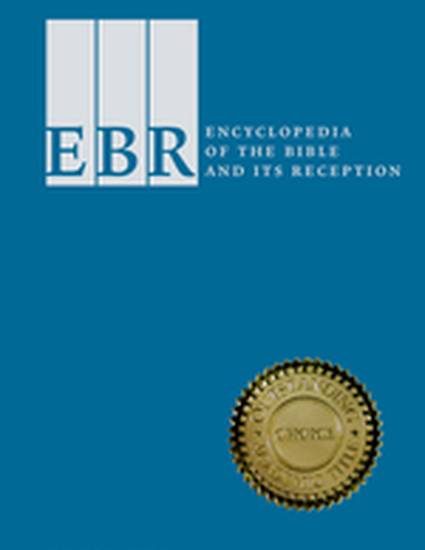
Contribution to Book
Lactantius - Christian Apologist and Imperial Tutor
Encyclopedia of the Bible and Its Reception
(2017)
Abstract
Born and raised in Roman North Africa, Lactantius received a thorough classical education under Arnobius in Latin literature, rhetoric and philosophy, and followed his mentor into Christianity. He deeply imbibed the works of Cicero and Seneca, modeling his writing style after the former and thereby gaining fame as "the Christian Cicero" for his balanced and beautiful prose. His renown earned him the position of rhetor Latinus at the eastern imperial capital of Nicomedia (ca. 302), but the start of the "Great Persecution" against Christianity shortly thereafter under the zealous pagan emperors Diocletian and Galerius resulted in the loss of his position and his flight to the west. Distrubed by the intellectual attacks upon his faith by pagan philosophers (Porphyry and Hierocles) and by the governmental coercion upon his friends by imperial officials (governors and soldiers), he determined to devote himself to a defense of Christianity. He spent several years traveling around the empire and composing a seven book magnum opus describing the falsities of paganism and the verities of Christianity. When the emperor Constantine the Great converted to Christianity (312), he invited Lactantius to come to his northwestern capital of Trier and tutor himself and his son Crispus in Christian doctrine and practices. While residing here over the last dozen years of his life, Lactantius dedicated and taught his Divine Institutiones (313) to Constantine, and wrote the polemical tracts De Ira Dei (314) and De Mortibus Persecutorum (315).
Disciplines
Publication Date
2017
Publisher
Walter de Gruyter
Citation Information
Charles M. Odahl. "Lactantius - Christian Apologist and Imperial Tutor" BerlinEncyclopedia of the Bible and Its Reception Vol. 15 (2017) p. 595 - 597 Available at: http://works.bepress.com/charles_odahl/83/
